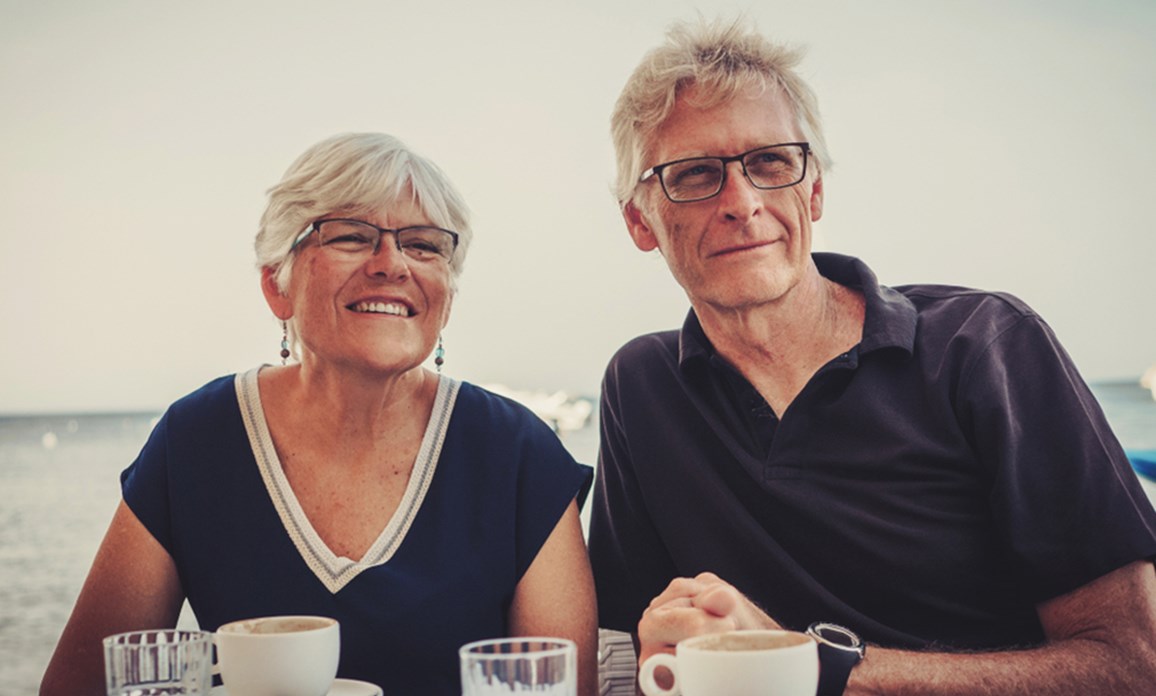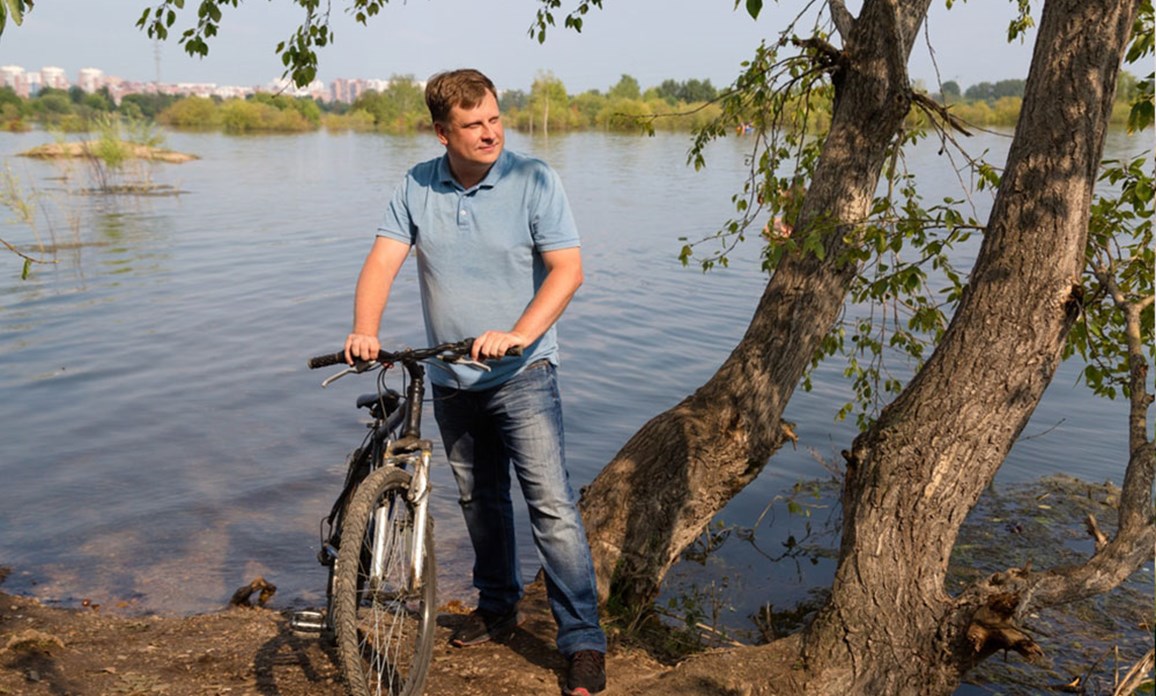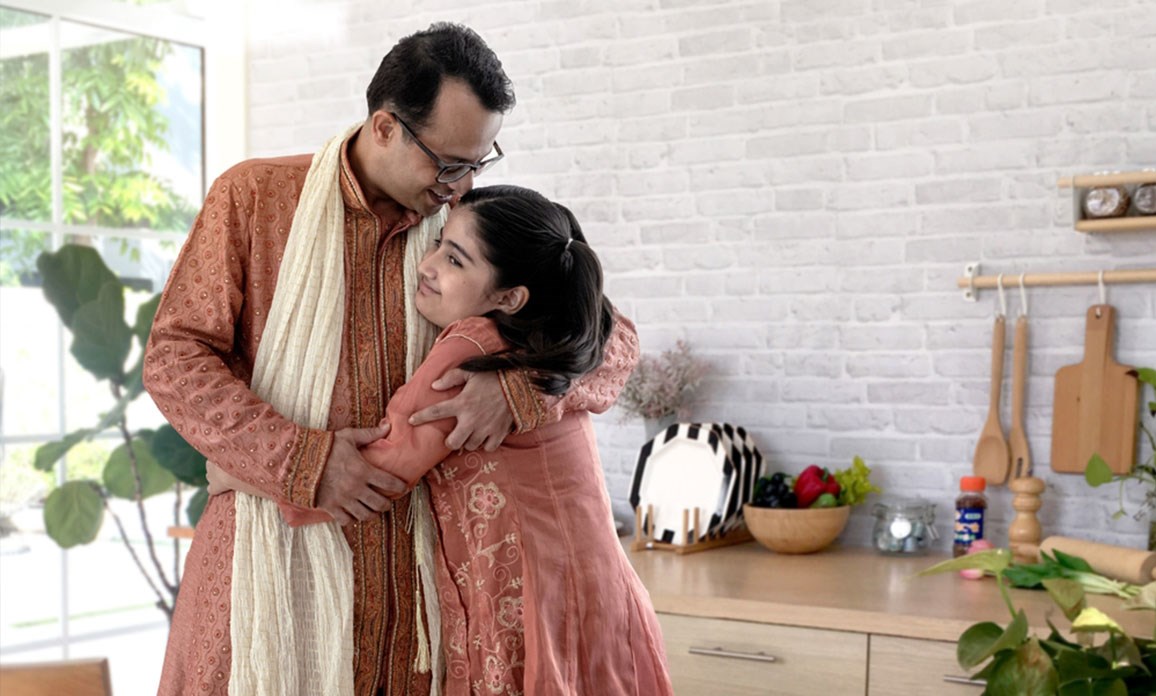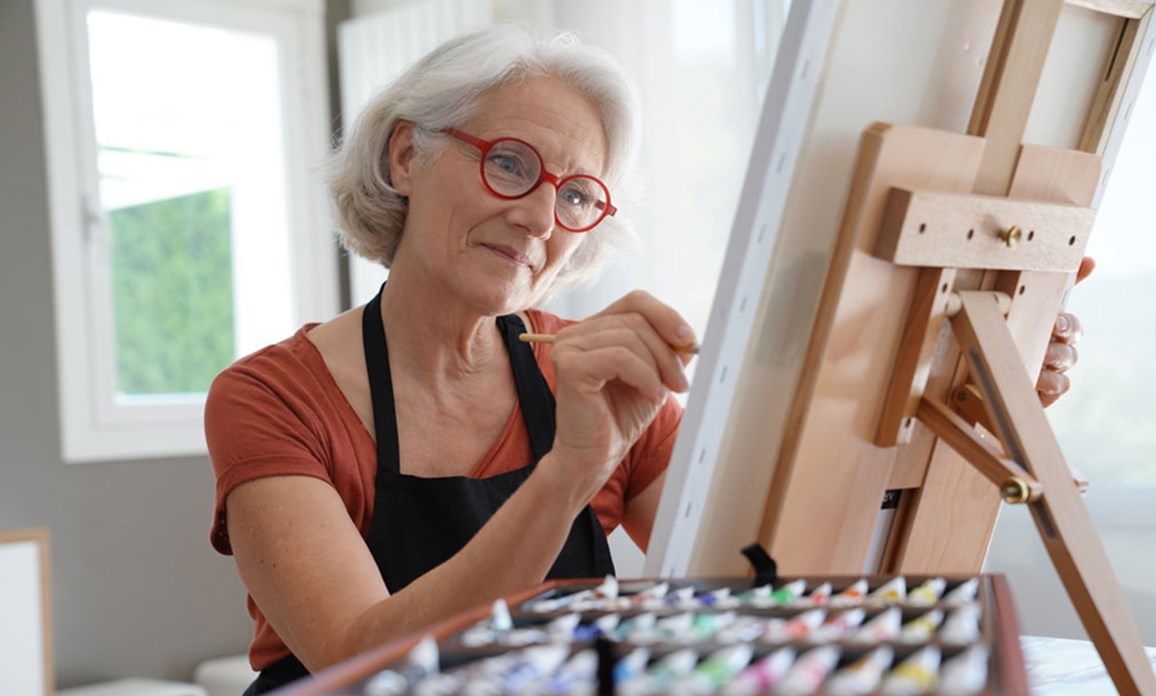Sarah's Journey
On family relations and the role of the family
My husband was reluctant to share his diagnosis with the rest of the family. I was very cautious in asking him to discuss his new condition with our children, seeing that he perceived this as something that would make him look weak, a failure in his own eyes. Yet I insisted, and even when we finally did bring the whole family together all he could say was: “I have a tremor. But I’m fine.” He couldn’t bring himself to utter the word Parkinson’s. But that was enough for the children to understand.
When he was done, I elaborated and explained what this new situation meant and what was required of every one of us. I felt then, and still do, that Parkinson’s is a family disease. Everybody is involved. Whenever I need a break, I go on vacation by myself, and the kids pitch in and help out when I’m away.
I regularly ask them to do things which I know they’d be happy to do. For example, when one of my sons was building a new house, I asked him to take his dad along. My husband has always been good at crafting and building, and the opportunity to exercise his handyman’s skills gives him lasting joy. He’s always in a great mood when he returns from those days at the construction site.

On symptoms, diagnosis, coping with the disease
With my husband, the first symptom was dysgraphia – he couldn’t write. He gradually asked me to write more and more things for him, such as birthday cards. Then came the tremor. He worked with a neurologist for a few years, trying several different medications for primary tremor, none of which had any real effect. His doctor ultimately referred him to the Movement Disorder Clinic, where his tremor was diagnosed as a symptom of Parkinson’s Disease.
Once we had the PD diagnosis in hand, things started falling into place for me. Earlier symptoms finally made sense. For example, he had lost his sense of smell and there was no apparent explanation for this, until it became clear that it was just another PD symptom.
My husband struggles to hide the disease in order to avoid the “sick” label. On the one hand, hiding a diagnosis over a long period of time is burdensome. On the other hand, this motivates him to prove that he isn’t sick by staying unusually active and participating in non-Parkinson’s activities. So while he refuses to attend a Parkinson’s day center, he regularly participates in arts-and-crafts workshops at our community, and he still plays the role of handyman for any odd job we have at home. By making a point of staying active, he is actually helping himself with his symptoms.
On marriage and married life with PD
I can’t say I don’t resent my husband’s disease. You spend your life planning your retirement, and the universe seems to have a plan of its own. My husband is still the same person, everything is still the same – only slower. As a wife, it’s hard to watch him decline. But I take comfort in remembering who he was.
I find support mostly in myself, by being very much in touch with myself and my spirituality. I have developed my own healing routine that involves movement therapy and meditation. Once a month I attend a healing movement session, and I also dance outdoors, in nature. I go to the beach regularly and that fills me with new energy. Only recently I decided that I needed to join a support group. I would like to have more opportunities to talk to people who go through what I’m going through, even to break down and cry with them. I’m not embarrassed by how I feel.
COVID was a true blessing. The only real difficulty was not being able to see our kids and grandkids. In every other respect we took full advantage of “the new normal”. We had a lot of Zoom meetings, we danced at home for an hour every day, did Pilates on Zoom, wined and dined at home. My husband tended the garden and our community helped with prepared meals and craft supplies. We stayed home for two months straight. We fell in love with each other all over again.
The individual(s) pictured are not the contributor of the story. Names have been changed to protect anonymity.








